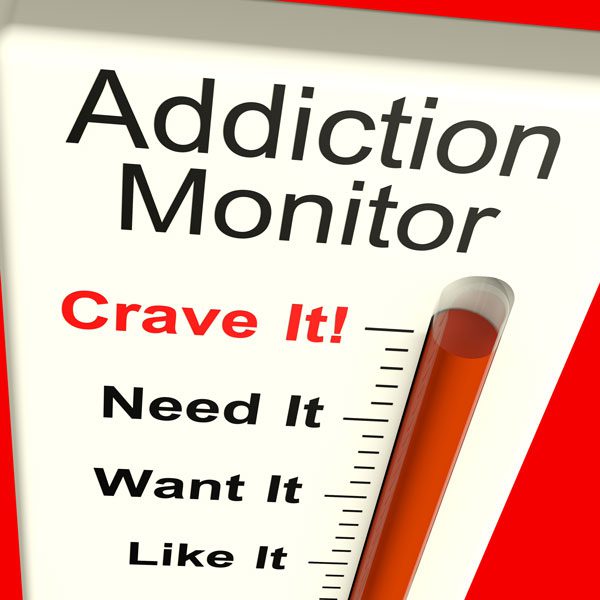 People often conflate chemical dependency and addiction.
People often conflate chemical dependency and addiction.
Substance use disorder (SUD), or addiction, is a recognized medical brain disorder and refers to the abuse of illegal substances (such as marijuana, heroin, cocaine, or methamphetamine) or legal substances (such as alcohol, nicotine, or prescription drugs). SUD develops in stages, first with overuse, then tolerance (when the body requires more of the substance to achieve the same effect), and then chemical dependence (when the body requires the substance to function normally and will experience withdrawal symptoms when the substance is taken away).
According to ASAM (American Society of Addiction Medicine, “People with addiction use substances or engage in behaviors that become compulsive and often continue despite harmful consequences.” So, SUD involves a psychological dependence as well as a chemical dependence.
Chemical dependence can occur without addiction ever developing. The body can become dependent on a medication, for example, and suffer withdrawal while the medication is leaving the system. But once the body is rid of the substance, the person can stabilize and continue with their life. An individual who suffers from a substance use disorder will obsess about the drug long after it has detoxed out of their system.
The ongoing abuse of drugs or alcohol will almost certainly lead to chemical dependency. One example of dependency is when someone addicted to alcohol experiences delirium tremens. Violent shaking, hallucinations, sickness, and anxiety are just some of the symptom that will occur when someone is withdrawing from alcohol. The safest way to conquer chemical dependency is clinical detoxification, which is monitored by health professionals to ensure a safe and comfortable transition.
Addiction does not have to define you or be a death sentence. Getting help is the first step to recovery, and there are scores of success stories. Even more uplifting is that many people are maintaining long-term sobriety, one day at a time.
